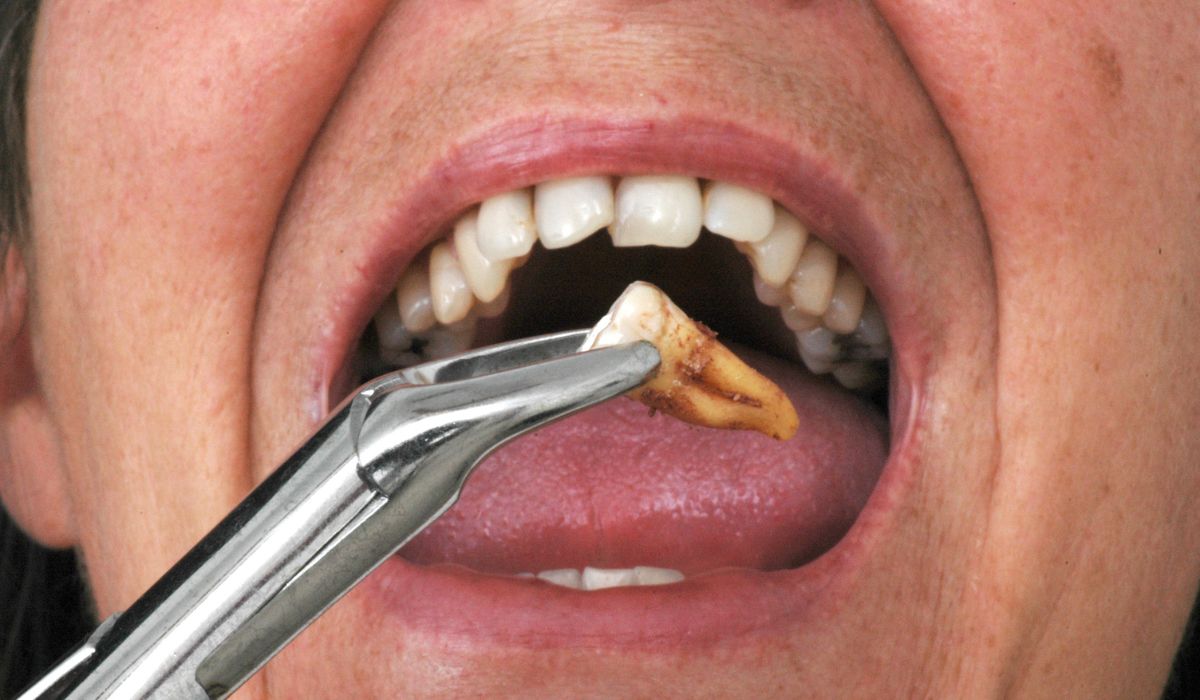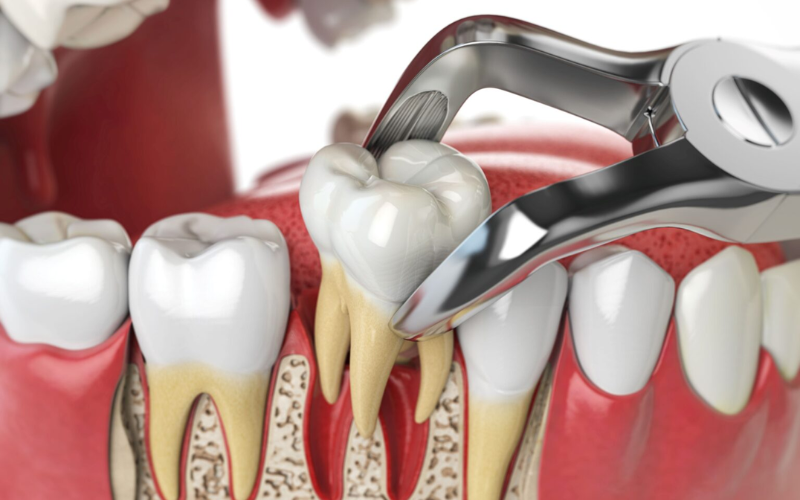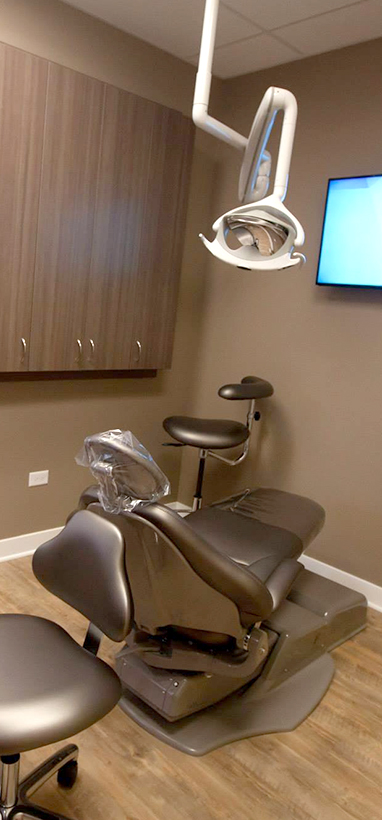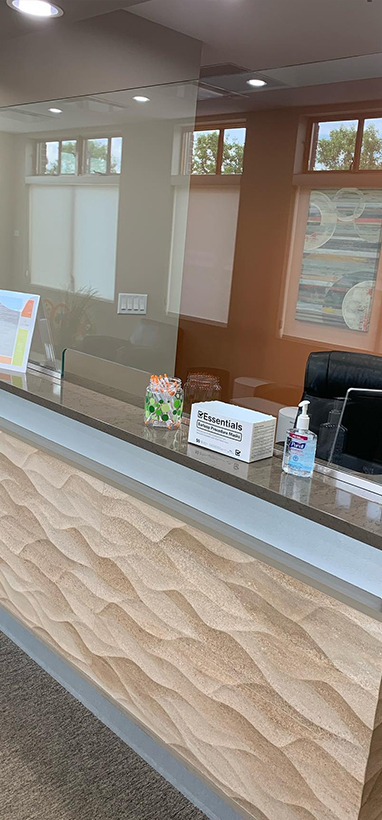1516 Legacy Cir, Naperville, IL 60563
Will Tooth Extraction Cure Periodontal Disease?
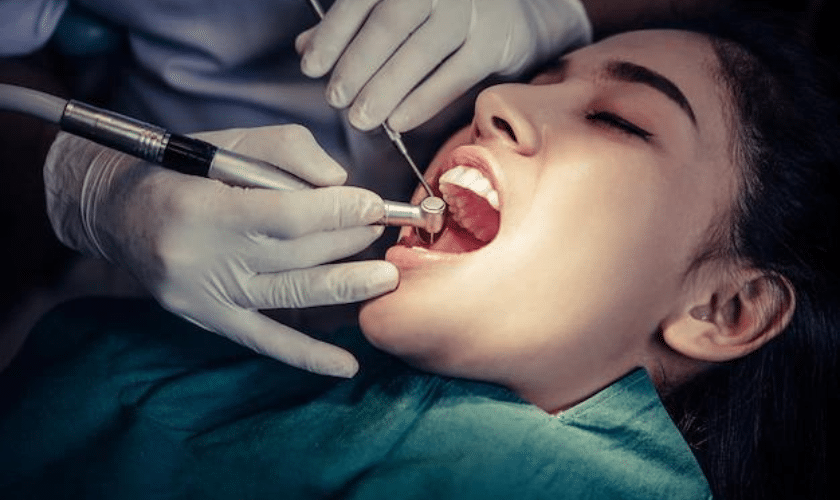
If you have periodontal disease, you may wonder if a tooth extraction is a viable treatment option. Unfortunately, there is no easy answer to this question. While tooth extraction may help improve your teeth’ appearance, it will not cure the underlying disease. Periodontal disease is a serious condition that needs to be treated by a qualified dentist or periodontist. If you are considering tooth extraction as a treatment for your periodontal disease, discuss it with your dental professional first. Thanks for reading!
What is periodontal disease, and how does it affect your teeth and gums?
Periodontal disease, also known as gum disease, is an infection of the soft tissues in and around your teeth. Toxins cause plaque buildup that irritates your gums and causes them to swell and ultimately pull away from your teeth. This can lead to pockets forming between the tooth and gum, allowing bacteria to grow and causing further damage. If left untreated, periodontal disease can cause tooth loss and pain in your jaw joint, swelling of mouth tissues, loosening teeth, and even bad breath. To combat periodontal disease, brush twice daily with fluoride-containing toothpaste and floss at least once daily. Regular dental check-ups are recommended as this will allow professionals to detect any problems early on and customize treatment plans specific to you.
Can tooth extraction cure periodontal disease or prevent it from getting worse?
Tooth extraction can help reduce the severity of periodontal disease, although it is not a cure. Tooth extraction may be necessary to reduce symptoms caused by an infection or severe gum damage that complicates treating periodontal disease. However, it cannot prevent the condition from worsening if other treatments are not used. Removing a single infected tooth will likely have little impact on future infections and will not treat the entire mouth. To effectively stop periodontal disease progression, keeping up with regular dental cleanings, brushing and flossing between teeth, eating a balanced diet, taking oral bacterial supplements as recommended by your dentist, and using an effective antimicrobial rinse are all recommended treatments.
How can you prevent periodontal disease in the first place?
Good oral hygiene is the best way to prevent periodontal disease from developing. Brushing your teeth twice daily, flossing once daily, and rinsing with an antiseptic mouthwash is important. Regular dental checkups are also essential in preventing periodontal disease. During these appointments, your dentist will thoroughly examine your teeth, gums, and mouth for any signs of infection or inflammation that could point to gum disease. Your dentist may also recommend lifestyle changes to help keep your gums healthy, such as quitting smoking or cutting back on sugary foods that can increase the risk of gum disease. Whatever steps you take, taking proactive measures to ensure good oral hygiene can reduce the chance of requiring a tooth extraction due to periodontal disease.
What are the risks of not treating periodontal disease effectively?
Many serious health risks can arise if periodontal disease is not treated effectively. Left untreated, the periodontal disease gradually weakens the supporting structures of the teeth and can eventually lead to tooth loss. In addition to the consequent damage to one’s smile, unchecked periodontal disease can cause great pain and may increase susceptibility to other health problems. The bacteria associated with periodontal disease have been linked to heart and cardiovascular diseases, certain respiratory infections, an increased risk of preterm labor in pregnant women, and even diabetes. For these reasons, it is essential to treat any signs of periodontal disease with rapidity and care; tooth extraction is only one potential step in this process.
Periodontal disease is a chronic infection that can damage your teeth and gums if left untreated. While tooth extraction may be necessary to treat the disease, it will not cure it or prevent it from worsening. The best way to prevent periodontal disease is to practice good oral hygiene, including brushing and flossing regularly and visiting your dentist for regular checkups. If you think you might have periodontal disease, don’t delay scheduling an appointment with a qualified dental professional.



